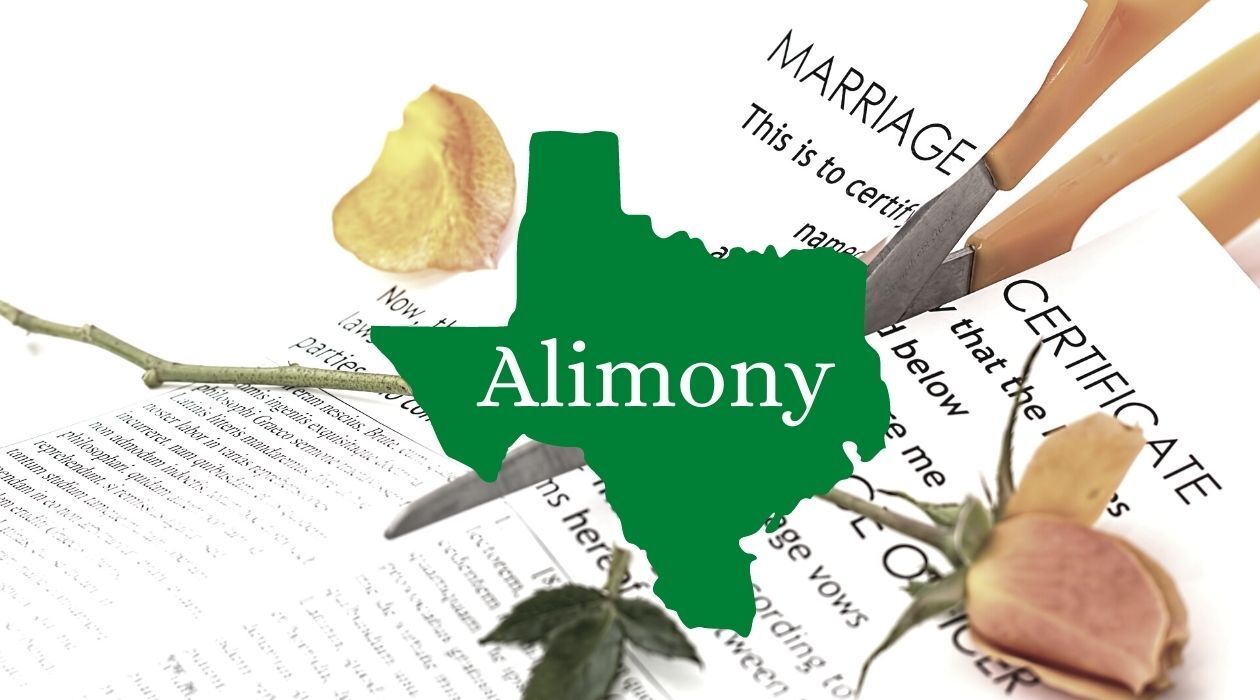Alcohol Abuse and Family Violence
Alcohol abuse and family violence have a long and intertwined history
Alcoholism and alcohol abuse can bring a long list of legal calamities into someone's life, especially when DWI is involved, but the quiet correlation between alcohol abuse and family violence is even more alarming. And victims too often suffer in silence.
Statistically, over half of domestic violence incidents involve alcohol in some measure, and this number is even higher (around two thirds) between intimate partners. Where there are violent tendencies, the addition of substance abuse can inflame these actions even more.
A pattern of domestic or family violence can take a variety of forms, from coercion and intimidation, to outright acts of physical violence. In situations where mental/emotional issues are already present, the abuse of substances heavily exacerbates the problem.
Is Alcohol Abuse the Whole Picture?
A variety of studies, including research by the University of Oxford, have found that men who are dependent on alcohol are 6x more likely to commit acts of violence against women. The correlations are undeniable.
It's found, however, that alcohol (and other substance) abuse is rarely the cause of violence, but rather an aggravating factor to deeper problems.
In most cases batterers and other abusers have witnessed or experienced abuses themselves and are exhibiting learned behaviors. In fact, approximately 73% of male abusers were themselves abused during childhood. The abuse of a substance is simply tinder to the fuse of untreated trauma and problematic learned behaviors.
How to Identify Family Violence
Acts of physical violence are the most clear form of family violence, but far from the only way that family violence occurs. Each family dynamic is slightly different, and as a result, abuse can also be nuanced.
Aside from acts of outright physical violence, family violence can include:
- Intimidation
- Mind games/humiliation/other emotional attacks
- Minimizing/gas-lighting
- Economic abuse/using money to control others
Abuse of alcohol may commonly lead to battery in abusive relationships, but even in relationships where battery is not present, it can affect these other forms of abuse. It can often be harder to identify these forms of abuse, and when victims are being manipulated, they may have self-doubt or blame themselves.
No form of abuse is more/less unacceptable than another. Each one of these experiences is valid, and a possible signal to seek help.
Seeking Help
Regardless of circumstance, there is NEVER a scenario in which abuse is justified. If you've experienced abuse, or have seen red flags that have made you concerned, it's important to seek help. This is especially true where battery or alcohol abuse are involved.
The National Domestic Violence Hotline at 1-800-799-SAFE (7233) is a helpful place to start. This hotline is constantly available, and can offer you immediate guidance on next steps to seek safety. This is never something you should have to deal with alone. You may also call this number as someone who has committed abuse, or if you have identified abusive patterns in your own behavior. Seeking help is also important for people with abusive tendencies.
It's also important not to hesitate in calling for help wherever there are children involved. In most cases a child will not know how to get help, or who to call, and will depend on an adult to intervene for them. If violence is present, getting help from the hotline, police, and other authorities is the best course of action.
If you or someone you love is showing signs of alcoholism in general, it's advisable to consider rehab early (especially where abuse is likely). Resources like Sober Nation or the Alcohol Rehab Guide are helpful in this instance.
Legal Action for Family Violence
After receiving immediate help in an oppressive or violent situation, you will likely need a family violence legal service/family law attorney to begin setting up legal protections.
It's important to get a lawyer that is familiar with family law cases that specifically revolve around instances of family violence, as they will know how to navigate your harrowing experience with assurance, care, and accuracy.
A perpetrator of family violence in Texas will likely face serious consequences, including jail time, fines, and the loss of privileges related to firearm ownership, child custody, etc. Your lawyer can guide you through the best way to approach this.
Taking Legal Action
No scenario of family violence is simple, and it's always wise to seek professional guidance, even if you're unsure of what to do. Being a survivor doesn't mean weathering injustices and traumas alone.
If you are a survivor of family violence, or currently facing a worsening situation at home, don't hesitate to take action for your well-being.









